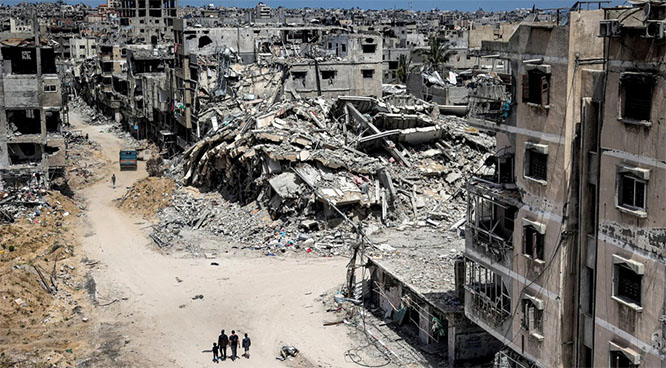Makkah, Oct 3: The Umrah visa has been extended from one to three months for all Umrah performers of all nationalities, Minister of Hajj and Umrah Dr. Tawfiq Al-Rabiah said.
He made this announcement during his two-day official visit to Tashkent where the President of Uzbekistan Shavkat Mirziyoyev received the Saudi minister at the conclusion of the Dr. Al-Rabiah's visit.
The minister conveyed the greetings of Custodian of the Two Holy Mosques King Salman and Crown Prince and Prime Minister Mohammed Bin Salman to President Mirziyoyev and the Uzbek government and people and their wishes of further growth for Uzbekistan.
They wished prosperity to Uzbekistan in light of the ongoing reforms that the republic is witnessing, stressing that the visit is an extension of distinguished historical relations between the two countries and resulted in several cooperation agreements in various fields.
The accords were primarily in the Hajj and Umrah, which reflects the great efforts of the leadership in serving Islam and Muslims and facilitating procedures for pilgrims and Umrah performers.
The minister added that the recent Hajj season saw the participation of some 12,000 Uzbek pilgrims after authorities increased the numbers of pilgrims following the easing of the COVID-19 pandemic.
He noted that more than 36,000 people from Uzbekistan have performed Umrah during the last two months, the majority of whom managed to visit Madinah and pray at Al-Rawdah Al-Sharifah and visited religious and historical sites in Madinah.
Al-Rabiah’s visit witnessed holding of several meetings with various officials to discuss means of enhancing cooperation in various fields and developing distinguished ties between the two countries.
The discussions mainly revolved around the automating of all services and programs that are now offered electronically through Nusuk platform and issuing visit and Umrah visas quickly.
The minister met with several Uzbek officials as part of boosting cooperation between the two countries in various fields and stressing the deep-rooted bilateral relations.
Talks during the visit also reviewed means to enhance strategic bilateral cooperation between the two sides to enhance the quality of services provided to Uzbek Umrah performers.
This is in addition to going over the possibility of increasing the activities of joint committees in several aspects, including increasing the number of flights between the two countries.








Comments
Add new comment